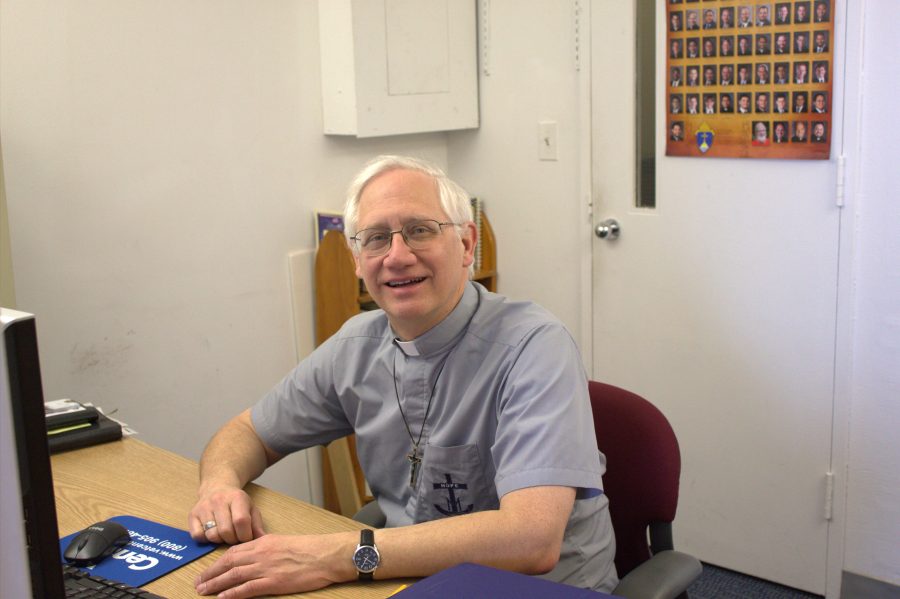The Catholic Church and the world at large was shocked when Pope Benedict XVI announced his decision to resign the papacy, effective Feb. 28. This reaction was certainly understandable, given that no other pope in over 700 years has voluntarily resigned. Yet, as startling as his decision was, it was not out of character for the man who made it.
I had the privilege of meeting Pope Benedict, then Joseph Cardinal Ratzinger, when he oversaw the Catholic Church’s Congregation for the Doctrine of the Faith. (This is the department of the Vatican responsible for promoting and safeguarding Catholic faith and morals.) Despite being so busy that he could not always meet with bishops, he somehow found time to visit with me when I was a young seminarian studying in Rome.
During this meeting, I found him to be a very humble and self-effacing man. This impression was further confirmed when I saw him walking near Saint Peter’s Square, alone and unaccompanied by any sort of entourage, on multiple other occasions. If you did not know who he was, you would never think that this man occupied such an important position in the Catholic Church. That same humility I saw in him was reflected in his momentous decision to resign the papacy.
Pope Benedict attributed his decision to resign to his advancing age (he will be turning 86 in April) and declining health. Through prayer and reflection, he came to the realization that someone younger would be better suited as pope in the third millennium.
His decision was an act of humility and selfless service. I have to question: how many others would voluntarily step down from a position of such authority and influence for the good of the organization which they govern? I imagine that many would not. This makes Pope Benedict’s decision to resign particularly striking.
Given that Benedict XVI’s papacy will end shortly, it is appropriate to consider what legacy he will leave. Although he is acknowledged as a brilliant mind and an excellent theologian, I do not believe that Pope Benedict will be recognized primarily for his many contributions to theological study.
I believe that he will most be remembered as someone who demonstrated that true religious practice and sound theological study must be connected by love for Jesus Christ. Jesus, according to him, came to show the human race the face of God, and to call us first and foremost to love God and our neighbor.
That primacy of love was expressed in the fact that two of Pope Benedict’s three most important papal documents highlighted the value of charity. This was also made evident during his 2008 apostolic visit to the United States, when he met personally with victims of clergy sex abuse. His willingness to reach out to these men and women provided an opportunity for healing and a model for other leaders in the Catholic Church.
The announcement that Pope Benedict will devote the remainder of his life to a ministry of prayer and reflection in a Vatican monastery further demonstrates the humility and selfless service which he will forever be remembered for.

